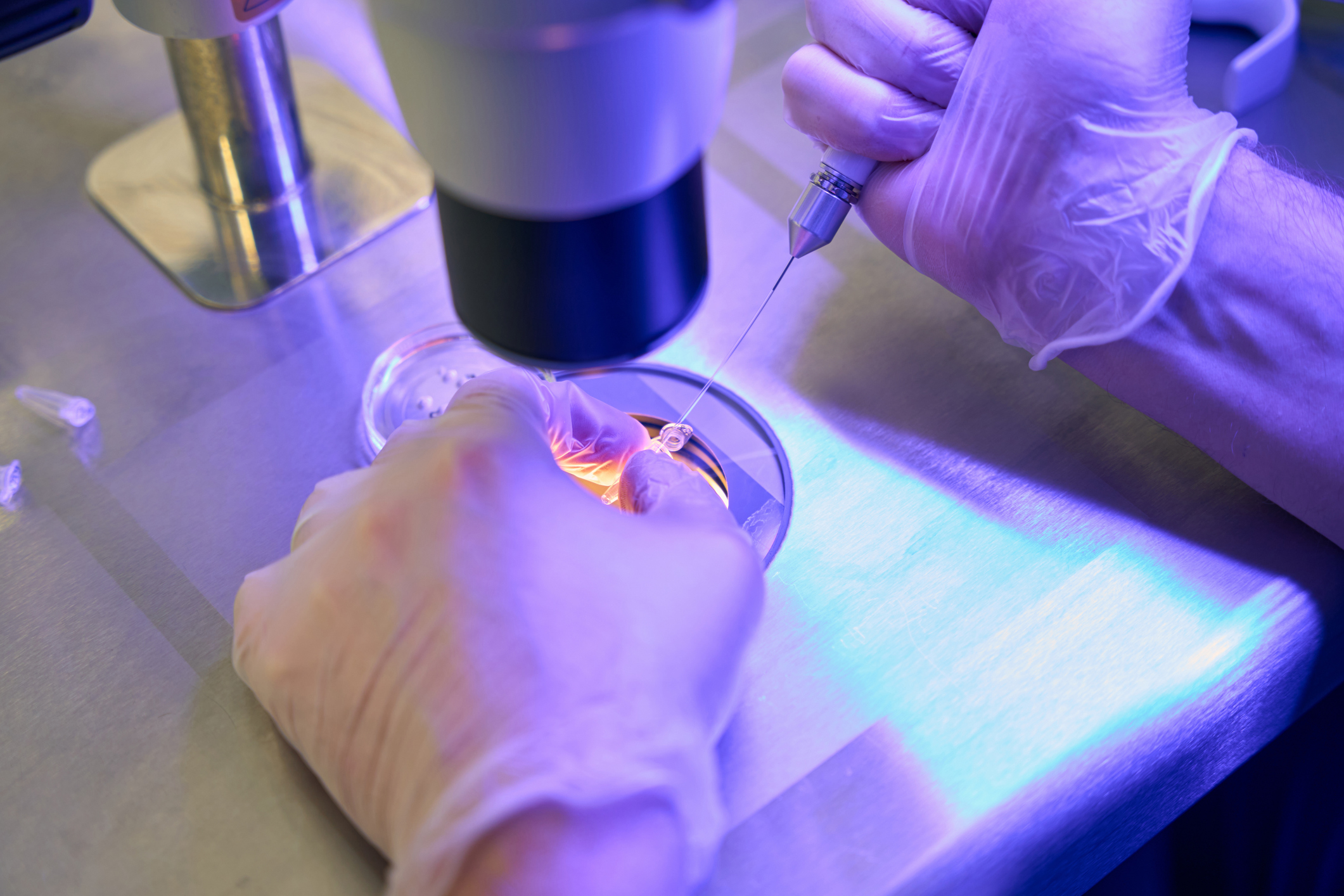Pension Funds Adjudicator Muvhango Lukhaimane dismissed the woman’s complaint that the Old Mutual Wealth Retirement Annuity Fund refused to recognise her twin children as beneficiaries of her sperm donor’s retirement benefit.
Her ruling confirms that sperm does not a father make and being a biological parent does not confer absolute rights.
The man in question had a platonic relationship with the complainant and as per her statement, he agreed to co-parent a child with her following artificial insemination. She fell pregnant with twins and the sperm donor died three months later, in January 2021.
His recognised dependants included a major son, two stepsons, two customary spouses, two nieces, his sister and a nephew. The two minor children referred to in the determination are the twins conceived via artificial insemination. His retirement fund included a death benefit of R787,524 before tax, which the board allocated to his major son and one customary spouse at an 80:20 ratio.
The complainant said he had been a supportive prospective father, actively preparing financially to care for the children. Part of her submission to prove this included text messages and proof that he paid for various medical appointments and procedures during her pregnancy.
Although there was an official sperm donor consent form, she submitted that this was a “mere formality”, and the evolution of her relationship with the man and the best interest of the children should be considered.
The definition of “parent” in the Children’s Act specifically excludes men who contribute sperm to the production of a child from acquiring parental rights and responsibilities.
Previous ruling
However, the complainant referred to a previous court ruling that if someone could provide additional proof of parenthood, someone who contributed sperm could acquire parental rights and responsibilities.
The retirement fund counsel pointed out that the case she referred to was not the same – the woman had been impregnated through natural insemination (sex) and although the couple was not married, the “father” had applied to be recognised as a parent with accompanying rights and privileges.
The fund submitted that the deceased did not qualify as a “parent” under the definition in the Children’s Act, that he was excluded as a biological father because he had been a sperm donor for the purpose of artificial insemination.
This position was confirmed by the deceased himself in a signed “consent of known donor sperm” from the fertility centre which administered the artificial fertilisation.
The fund trustees were also not convinced that the text conversations provided by the complainant were sufficient confirmation of a “deep relationship” with the intention to assume financial responsibility for the twins.
The text messages actually proved, to the contrary, that the mother and sperm donor did not live together, he did not visit her regularly and there was no indication of any discussion about future financial affairs, including the children being included in his beneficiary nomination or his will.
The fact that he made ad hoc payments towards the woman’s medical expenses during her pregnancy did not equate to financial dependency.
In her determination, Lukhaimane reiterated that under the Children’s Act, sperm donors do not acquire parental rights and responsibilities for the children birthed from their sperm contributions unless the donor is married to the woman giving birth to the child. DM





